For an athlete who follows a gluten-free diet, meal planning is a key component of your training and performance routine. As Benjamin Franklin once said ‘by failing to prepare, you are preparing to fail’. By carefully planning your meals and snacks, you can ensure that you are getting the nutrients you need to fuel your body and stay on track with your goals. Here are some tips for meal planning as a gluten-free athlete:
1. Start with a grocery list: Before heading to the grocery store, make a list of the gluten-free foods and ingredients you need for the week. This can help you stay on track and avoid impulse purchases that may not fit into your meal plan.
2. Understand your training schedule for the week: It is important to be aware of what days you are training to ensure you have adequate pre and post workout food options to optimise performance and recovery.
3. Plan your meals ahead of time: Take some time each week to plan your meals ahead of time. This can help you avoid last-minute decisions that may not be as healthy or nutritious. Make a plan for breakfast, lunch, dinner and snacks. Try stick to it as closely as possible. You can check out our meal plan and lifestyle guide in our ‘shop’ section.
4. Use gluten-free resources: There are many resources available for gluten-free meal planning, including cookbooks, websites, and apps. Use these resources to find new recipe ideas and to ensure that you are getting the nutrients you need.
5. Batch cook and meal prep: Batch cooking and meal prepping can be a great way to save time and ensure that you have healthy, gluten-free meals and snacks on hand. Choose a day each week to prepare meals in advance and store them in the fridge or freezer for later use.
6. Stay organised: Keep your gluten-free pantry and fridge organised so that you can easily find the ingredients you need. Use labels and containers to keep everything in its place.
7. Prioritise nutrient-dense foods: As a gluten-free athlete, it's important to prioritise nutrient-dense foods such as fruits, vegetables, lean proteins, and gluten-free whole grains. These foods can provide the energy and nutrients you need to perform at your best.
8. Be flexible: Remember that meal planning is not an exact science, and that it's okay to be flexible and make adjustments as needed. Listen to your body and make changes to your meal plan as necessary.
By following these tips, you can stay on track with your gluten-free meal plan and ensure that you are getting the nutrients you need to fuel your athletic pursuits. Remember to work with a sports dietitian who specialises in gluten-free diets to ensure that you are meeting your nutritional needs and optimising your performance.
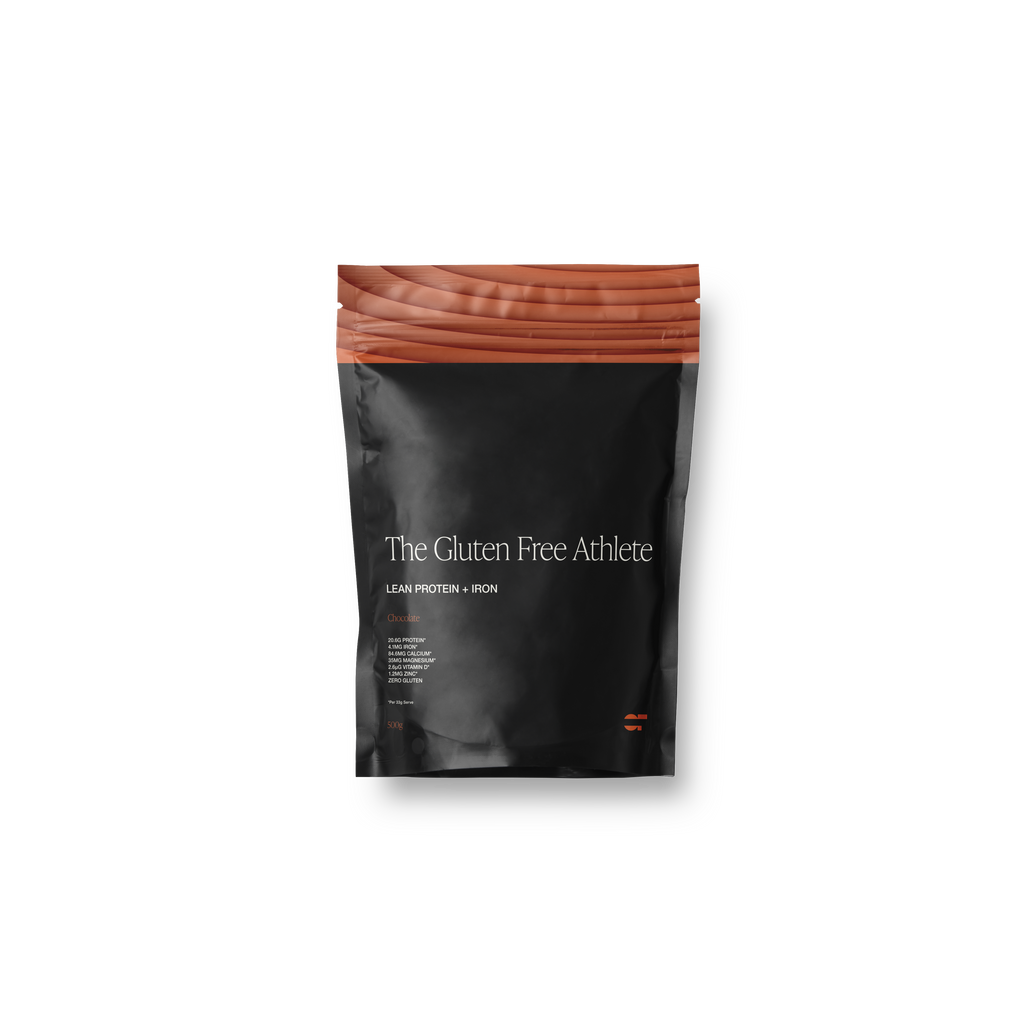
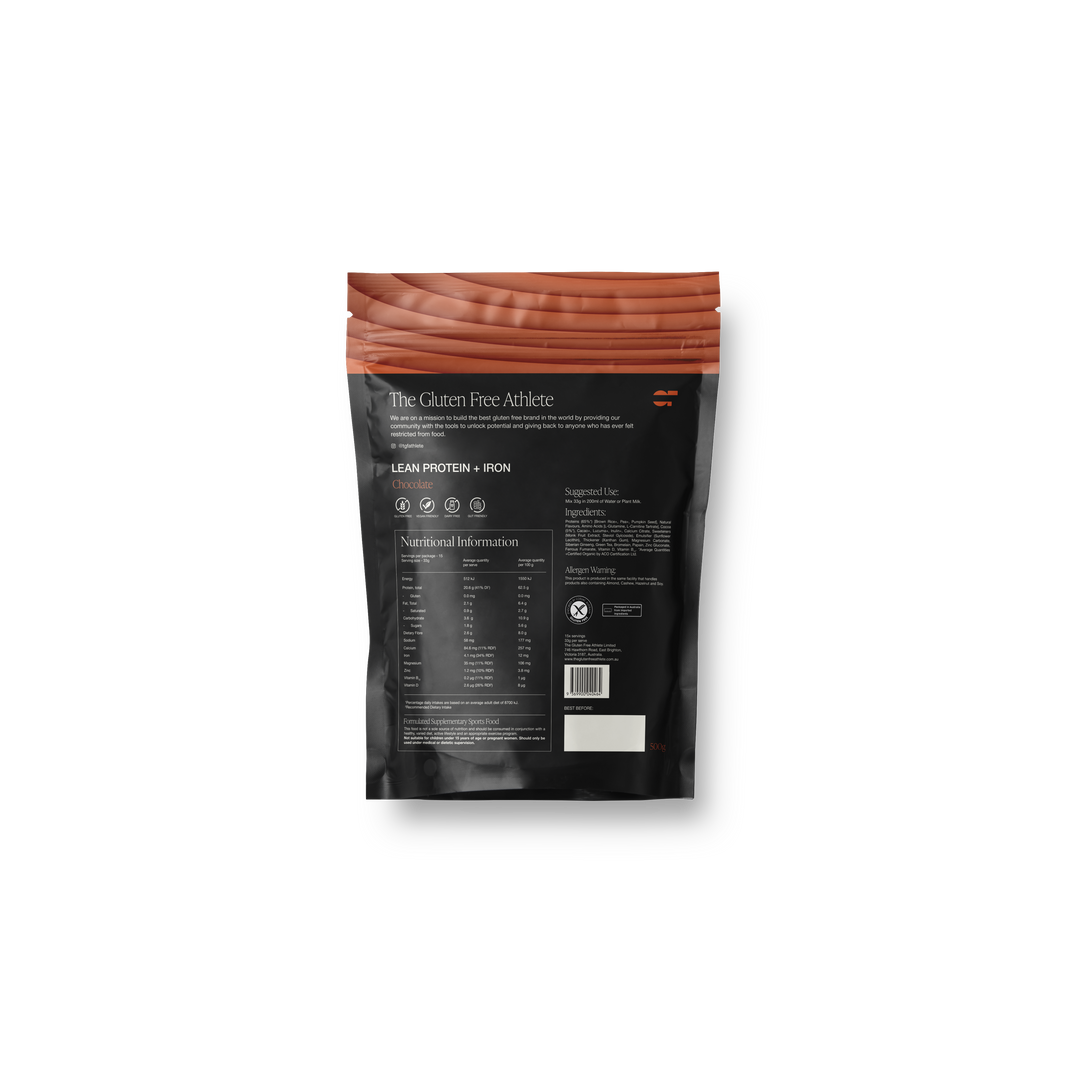
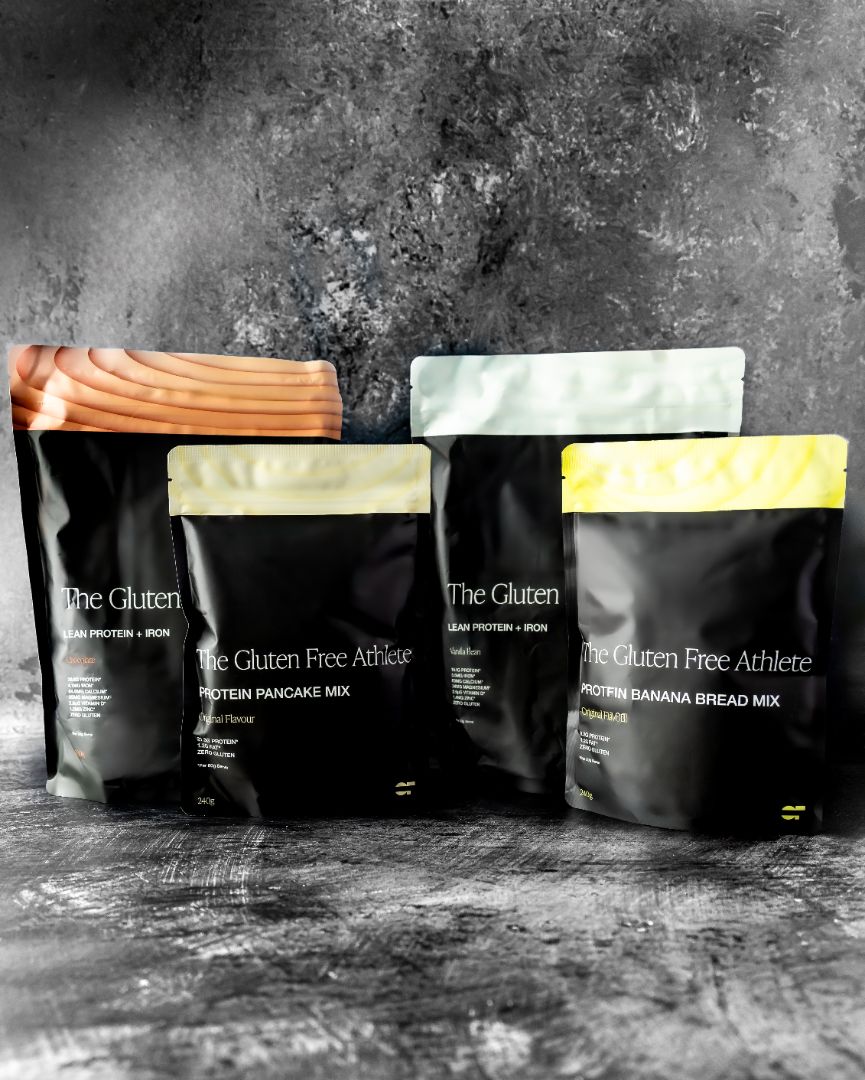
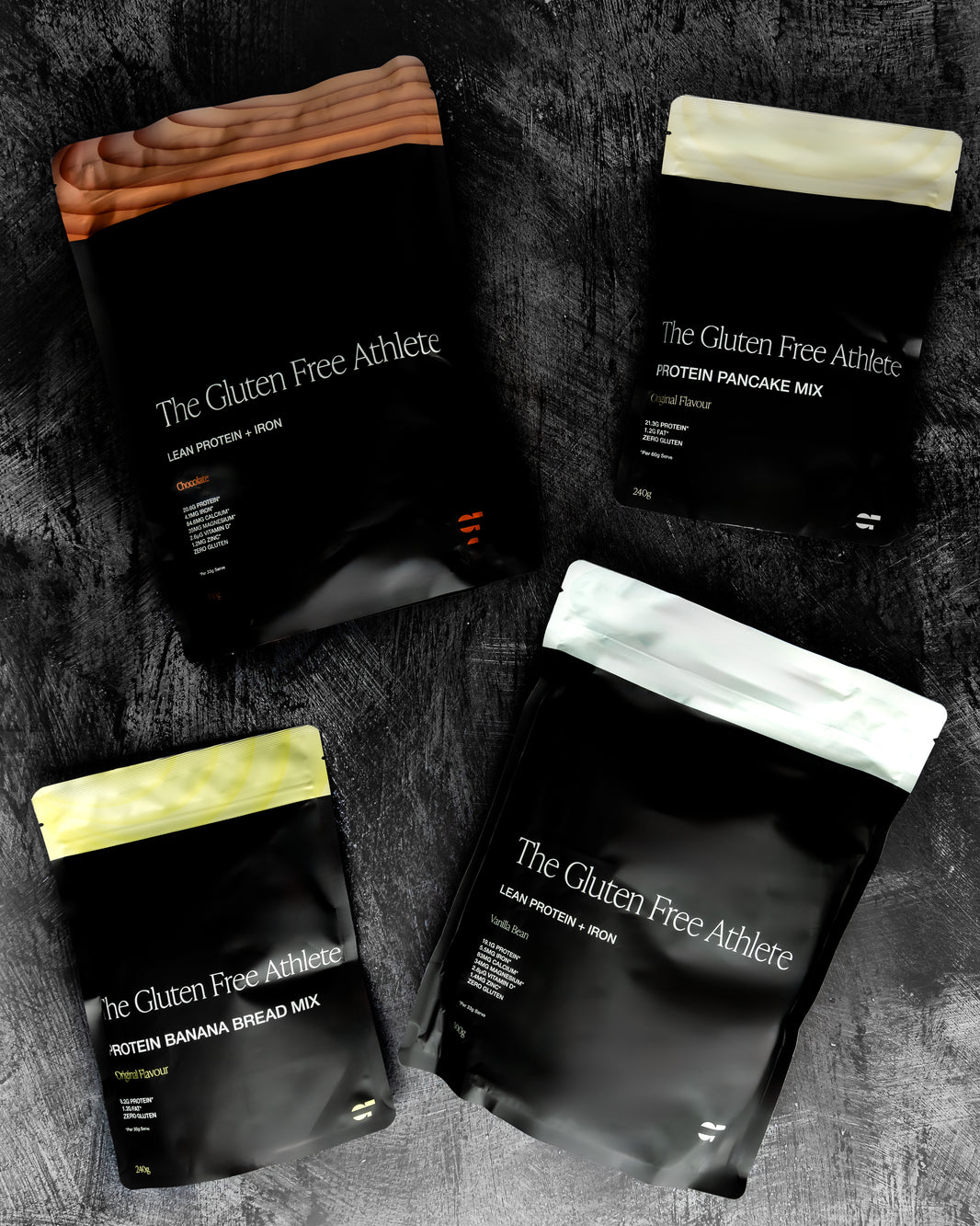
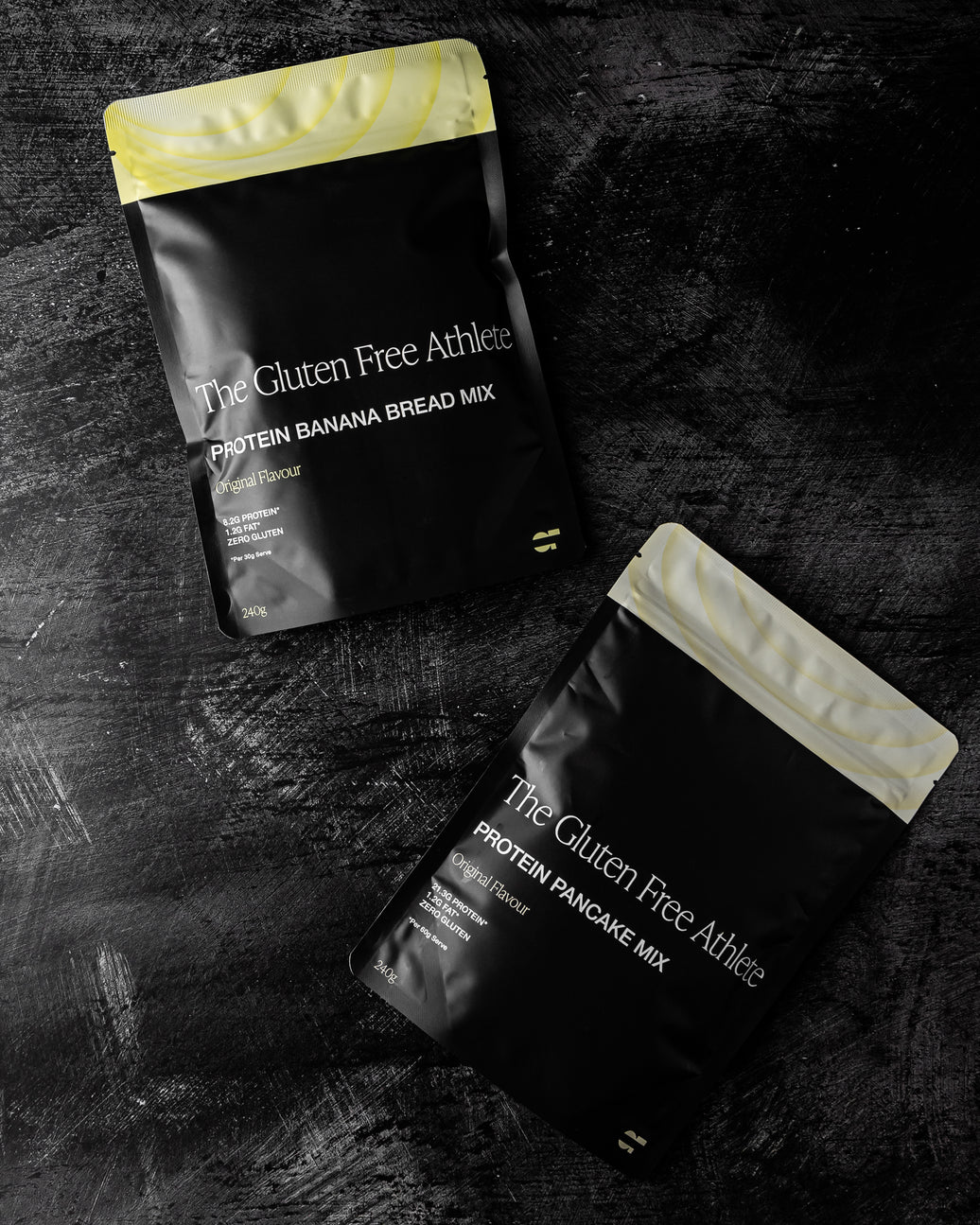
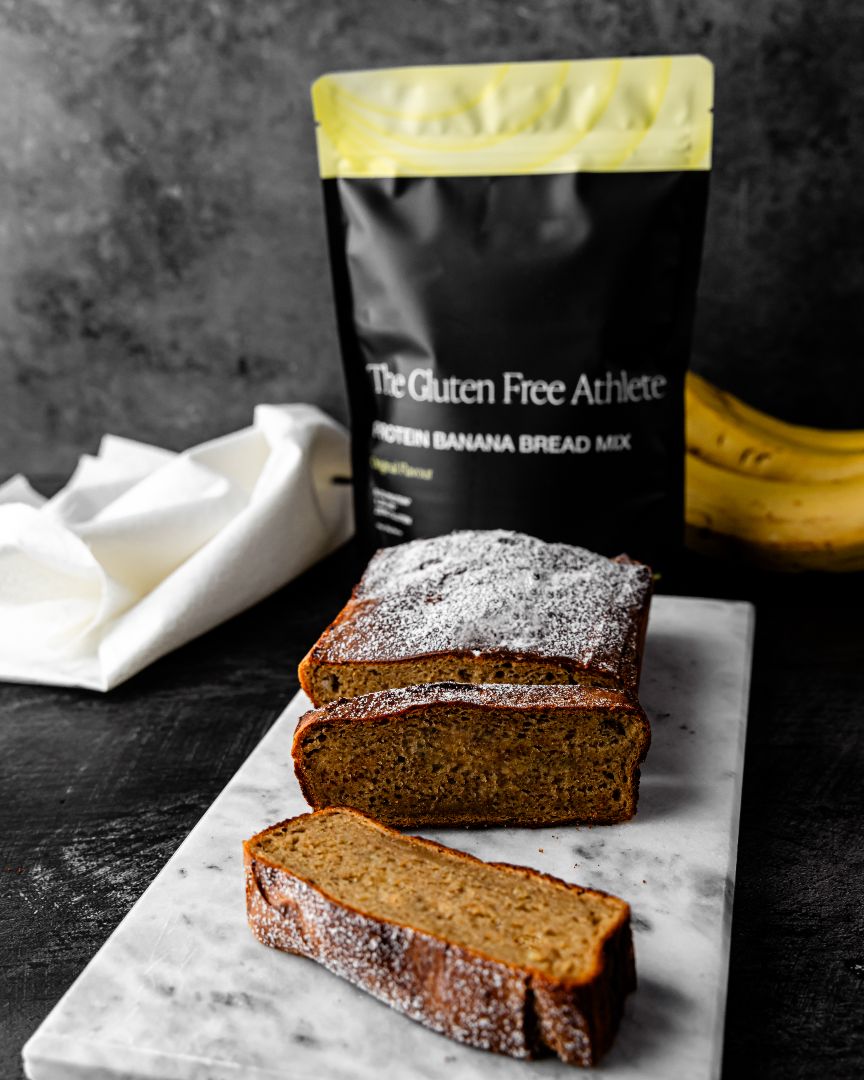
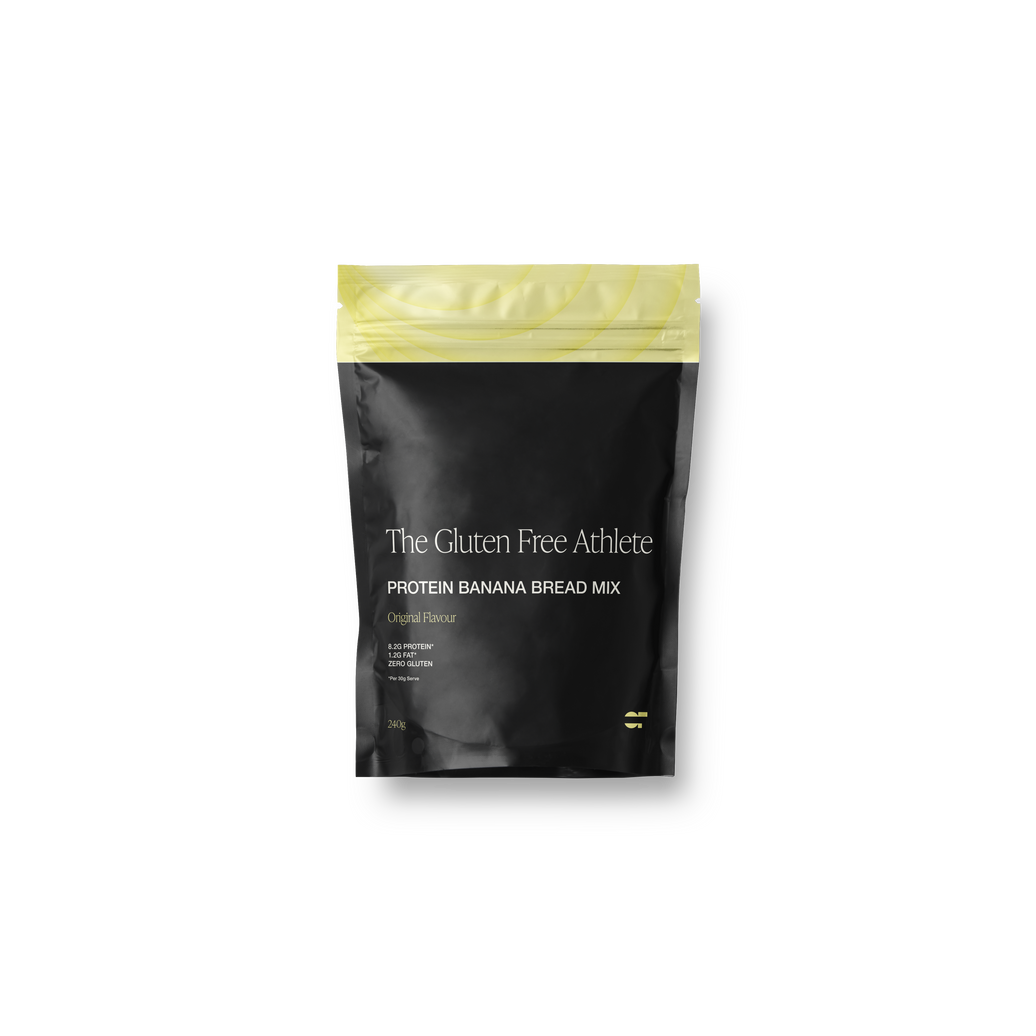
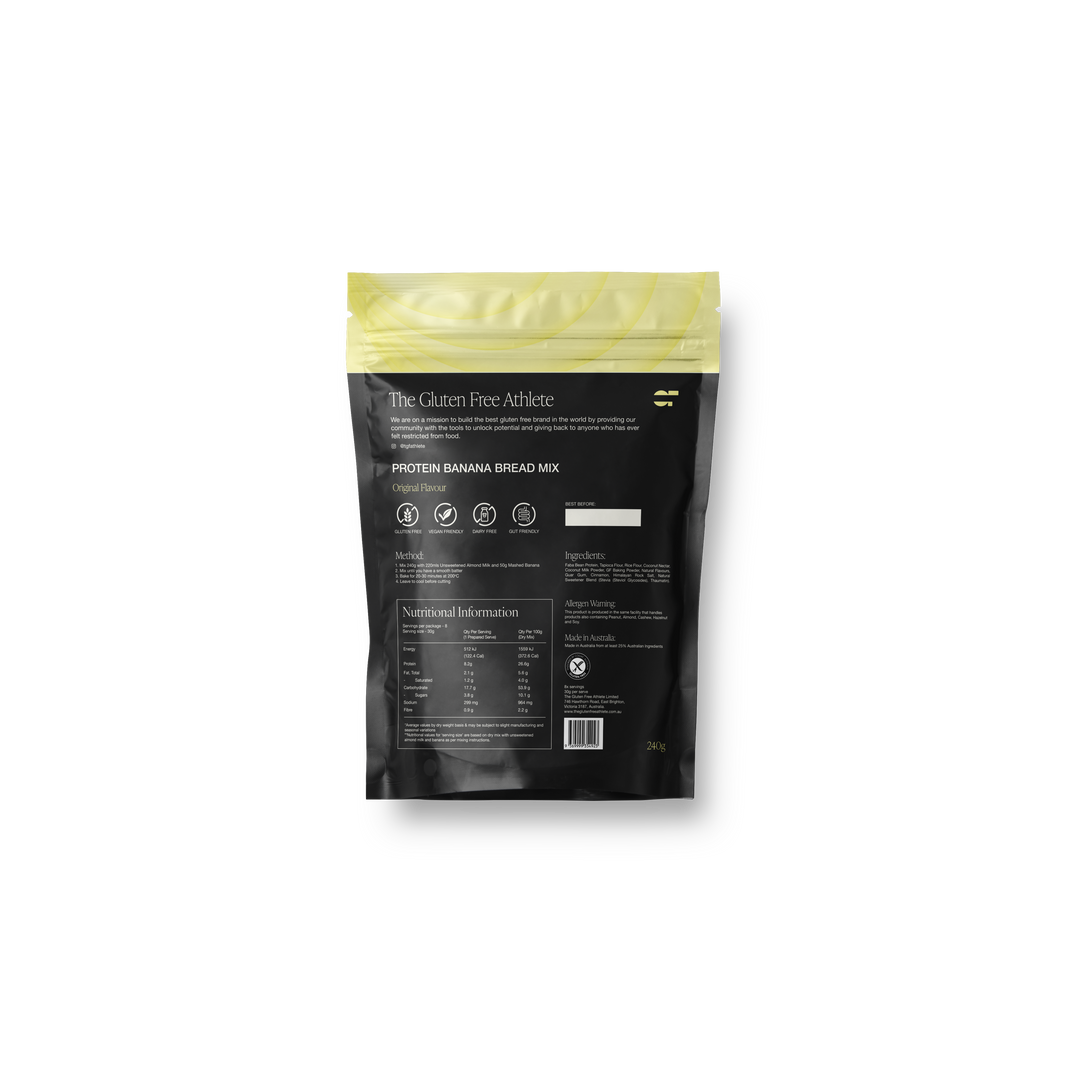
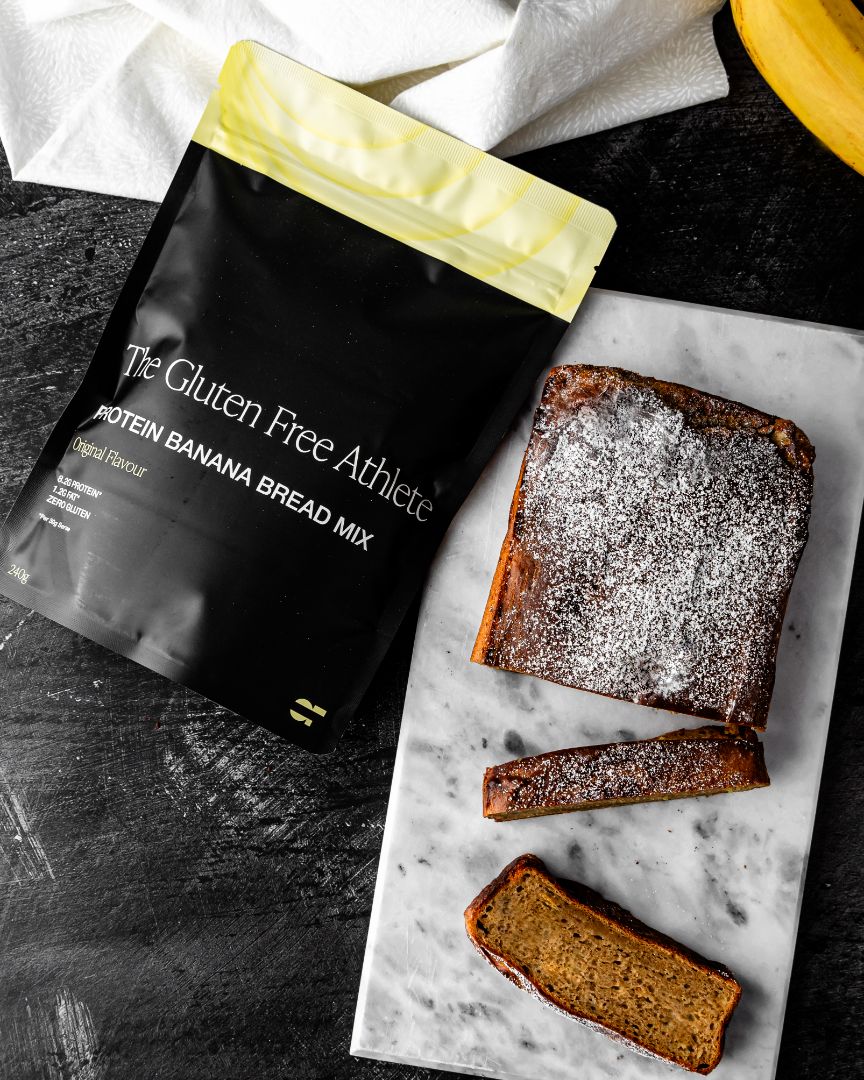
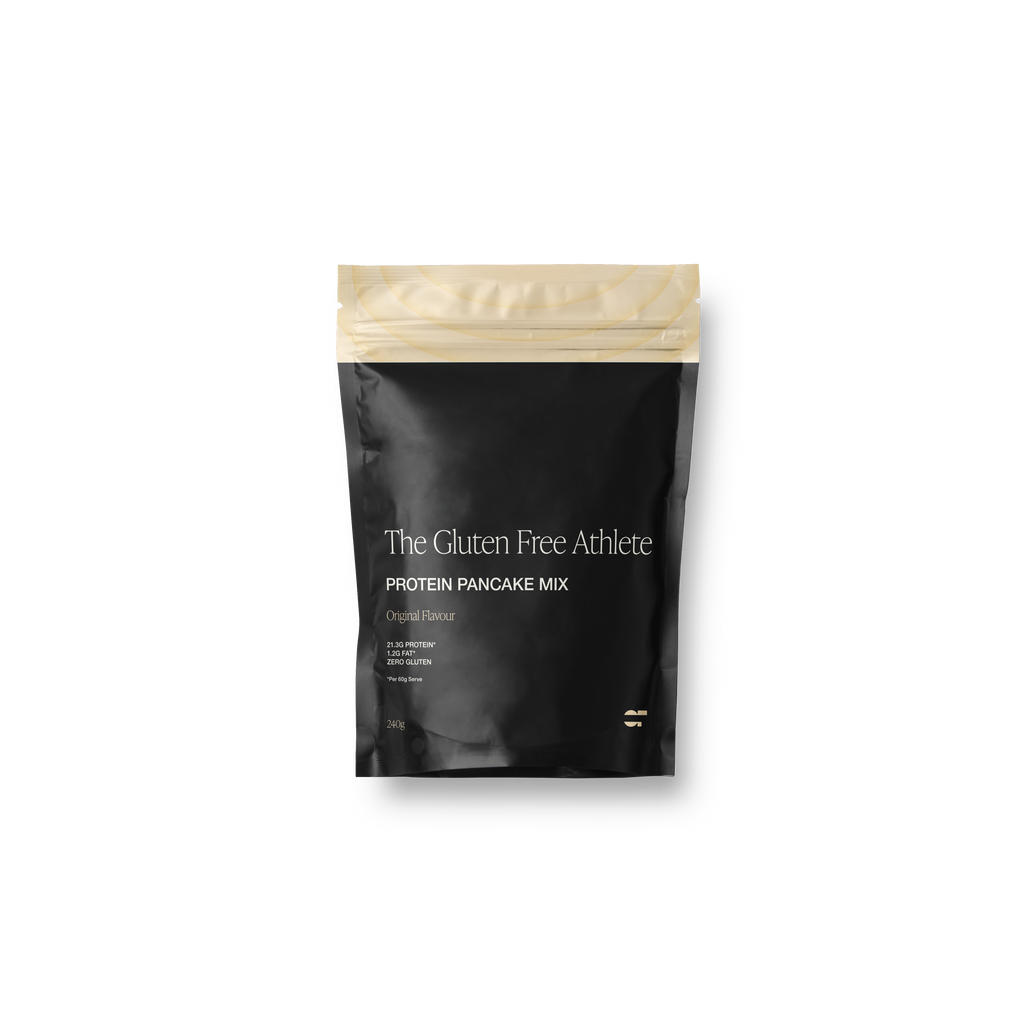
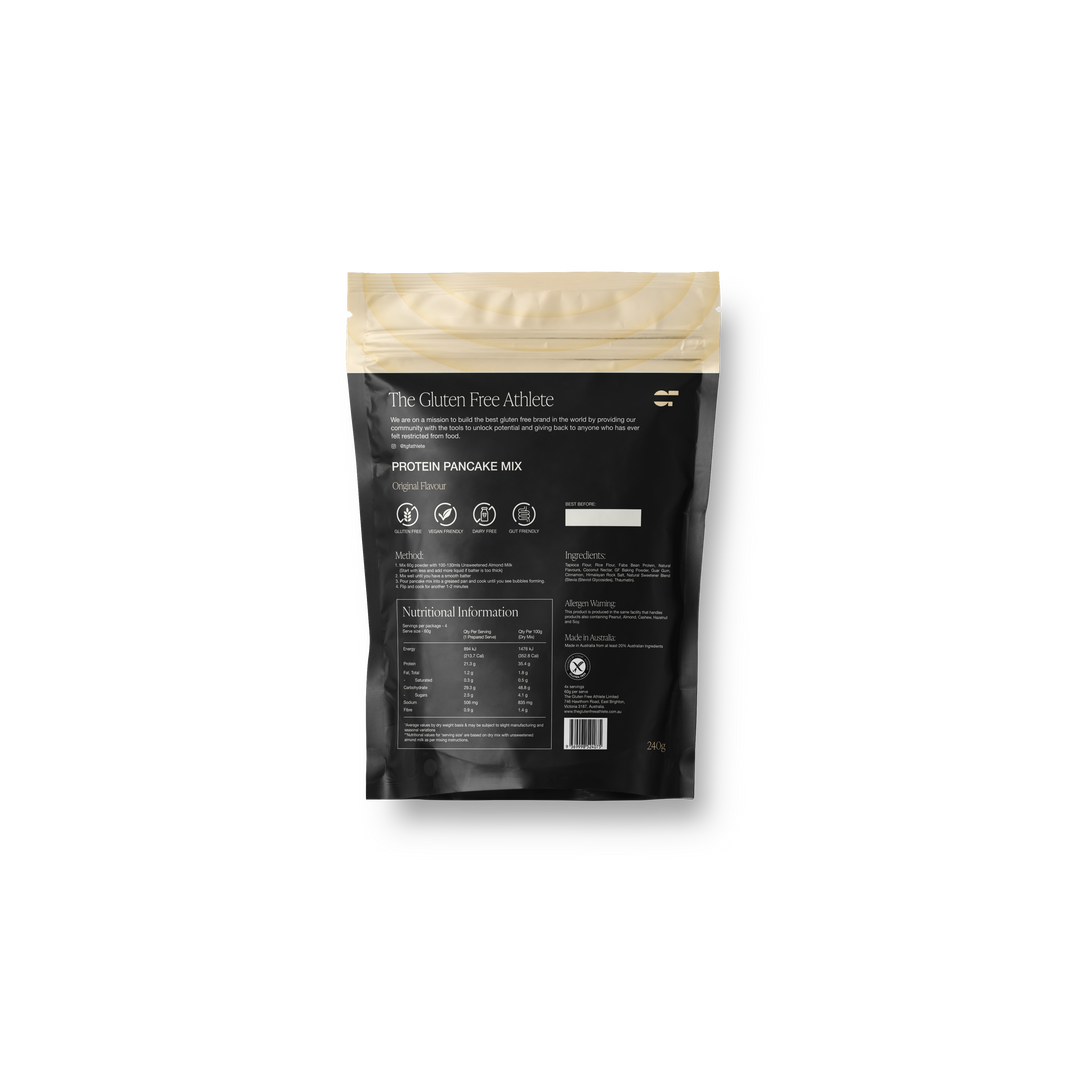
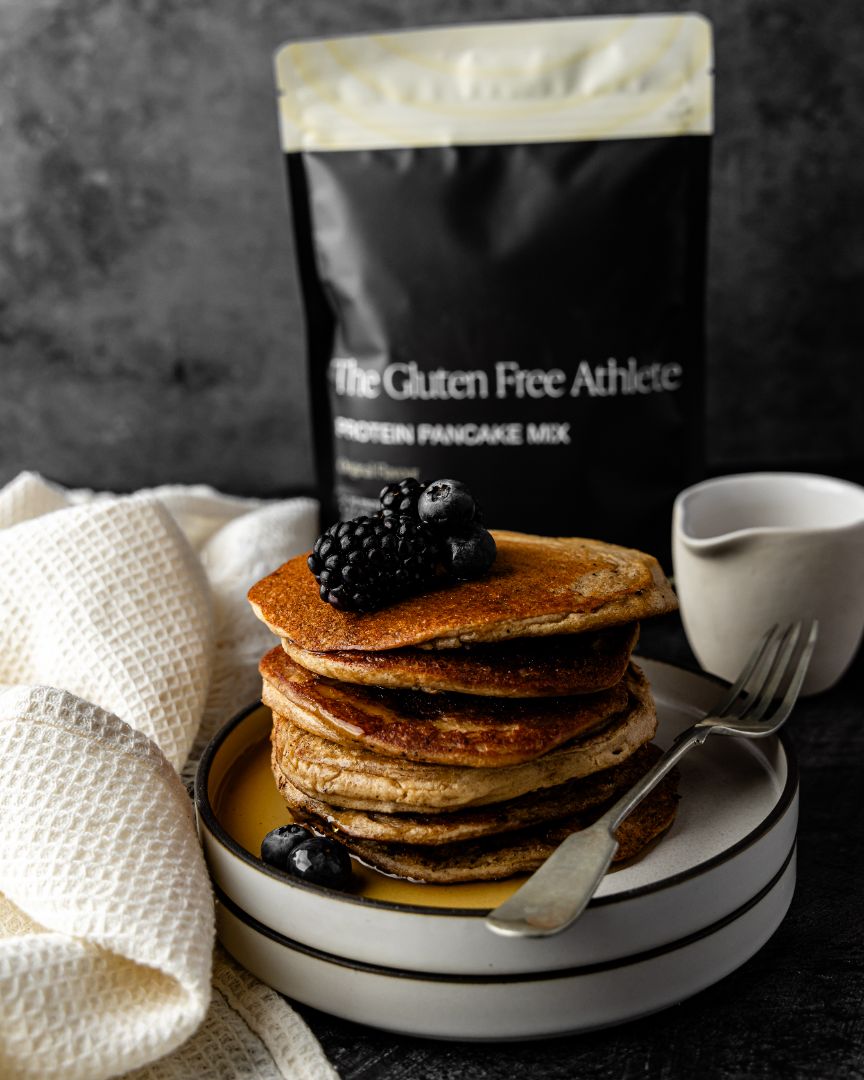
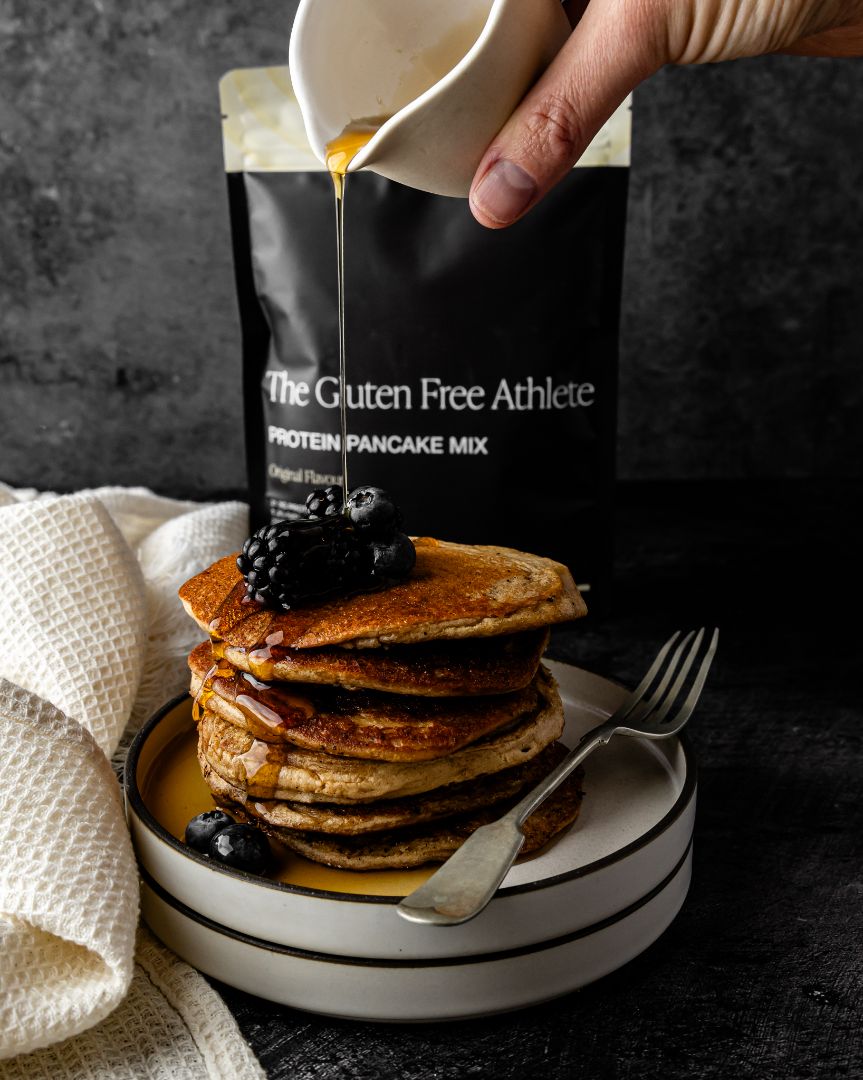
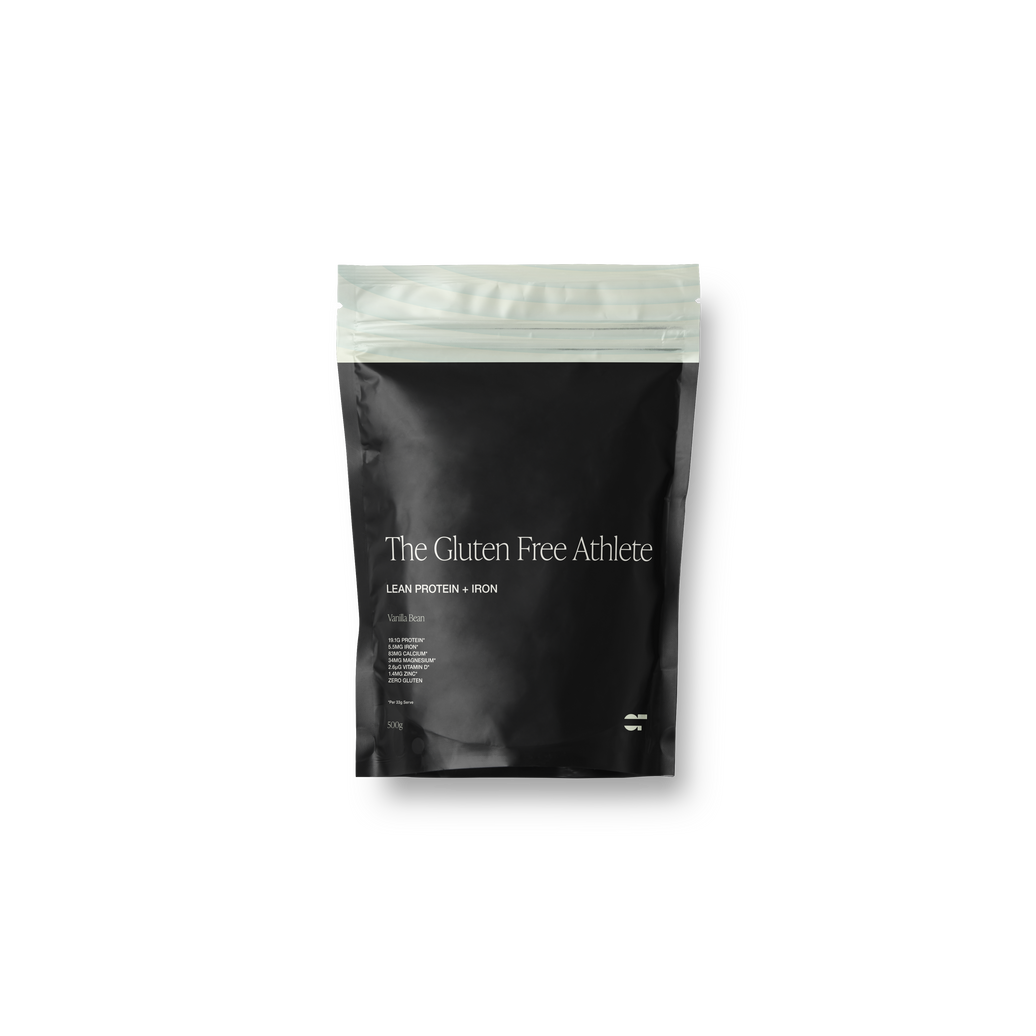
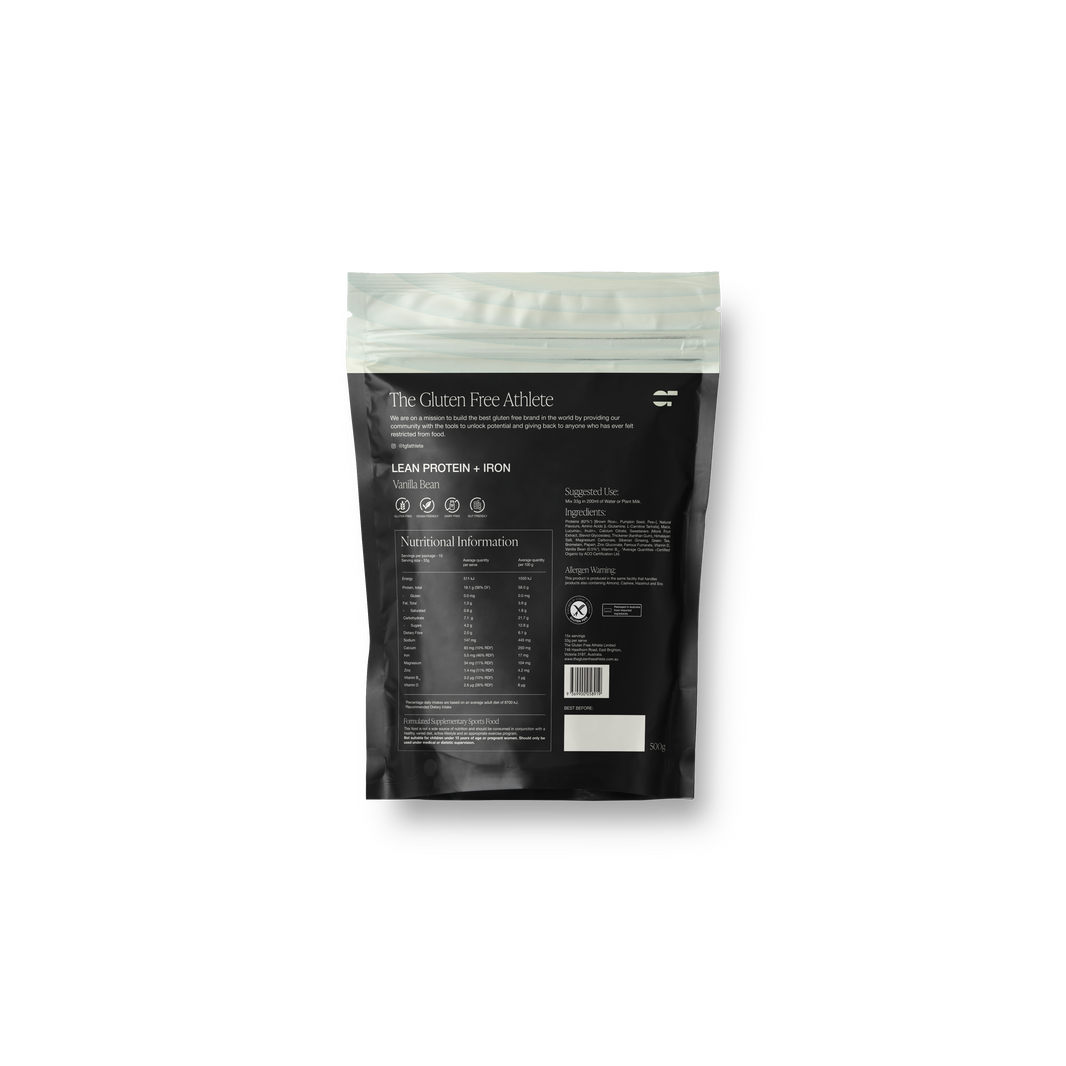
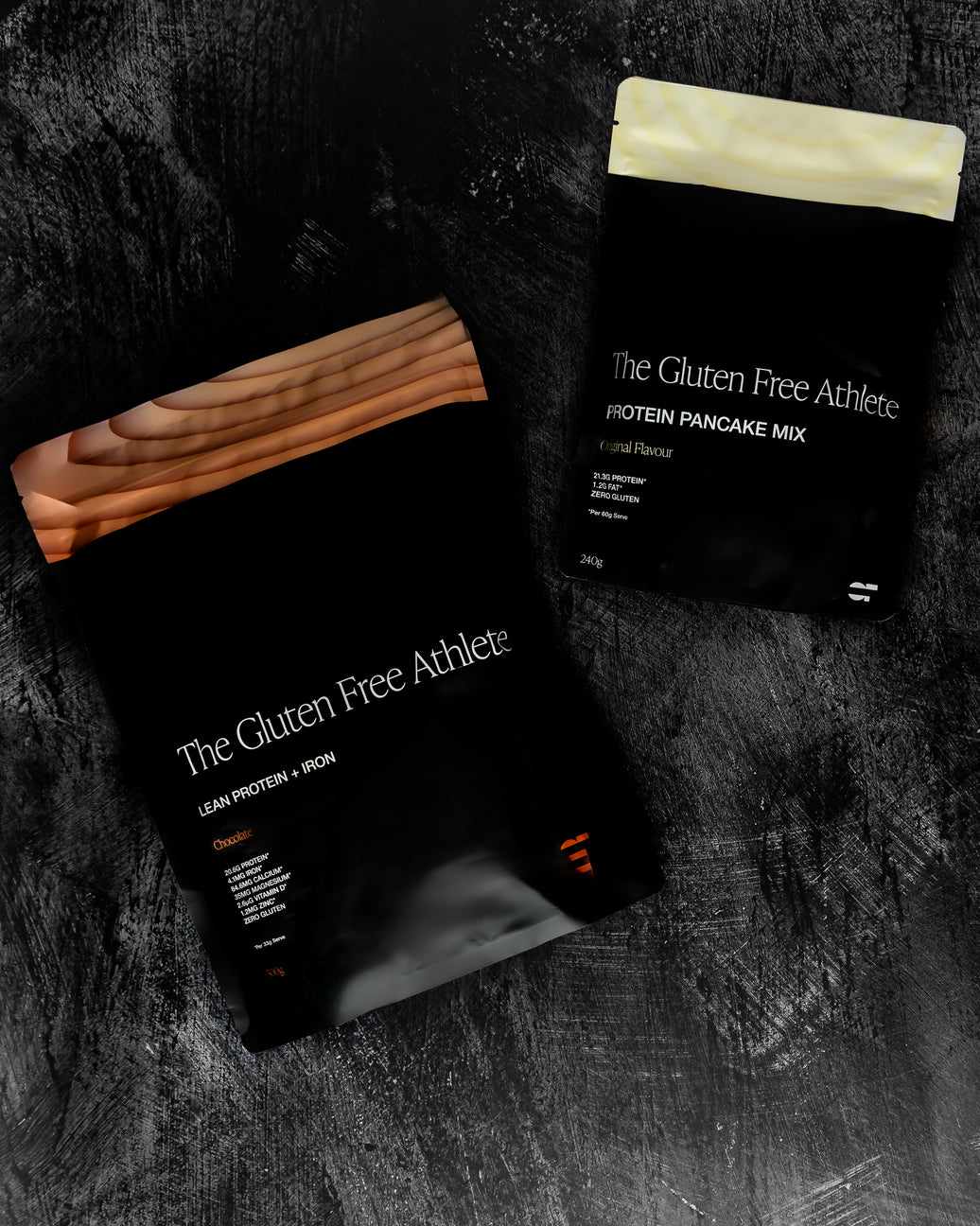
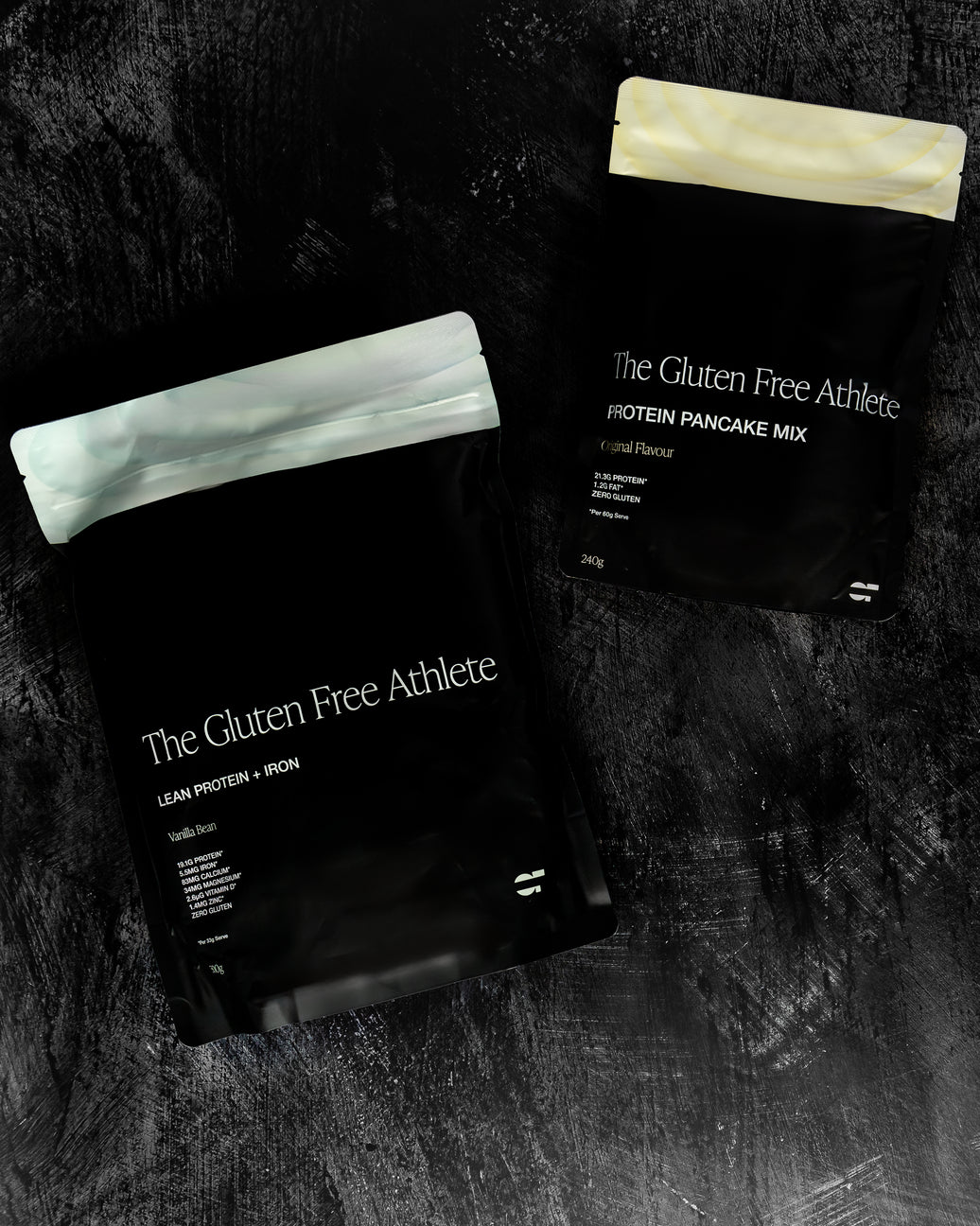
Leave a comment